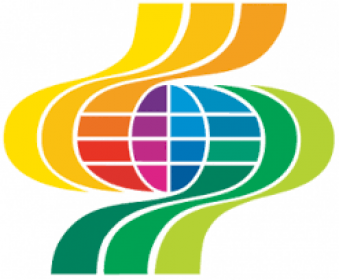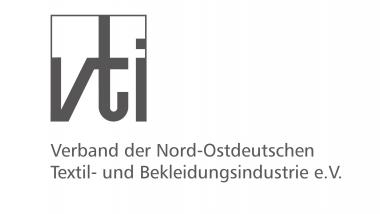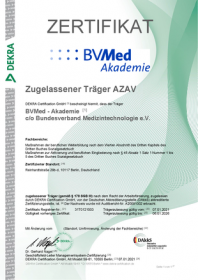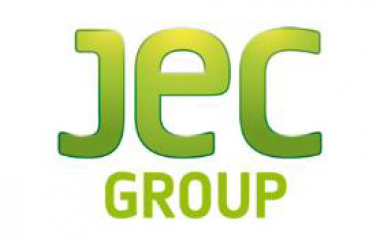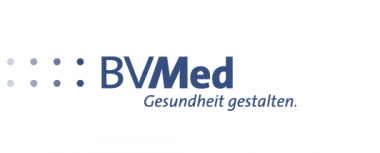BVMed: Homecare-Management-Kongress zur Hilfsmittel-Versorgung
Der 8. Homecare-Management-Kongress der BVMed-Akademie bringt am 1. Dezember 2021 unter dem Titel "Versorgungsstrukturen zukunftsfähig machen: Wohin soll die Reise gehen?" Hilfsmittel-Leistungserbringer und -hersteller sowie Vertreter der Politik, Krankenkassen, Krankenhäuser, Ärzteschaft und Pflege zusammen, um über die Zukunft der Hilfsmittelversorgung zu diskutieren. Am Vorabend des Kongresses wird es eine politische Podiumsdiskussion zu den Perspektiven der Gesundheitspolitik in der neuen Legislaturperiode geben
Wie können die Versorgungstrukturen zukunftssicher ausgestaltet werden? Welche Bedeutung kommt dabei den Hilfsmittel- und Homecare-Versorgern zu? Welche Anforderungen stellen sich an eine zukunftssichere, wirtschaftliche und digitalere Hilfsmittelversorgung? Diese Fragen stehen im Mittelpunkt des Kongresses mit Impulsvorträgen, Podiumsdiskussionen und Workshops zur Weiterentwicklung der Hilfsmittelversorgung.
BVMed BVMed-Akademie Bundesverband Medizintechnologie Medizin und Gesundheitsindustrie medizinische Anwendungen
BVMed - Bundesverband Medizintechnologie















